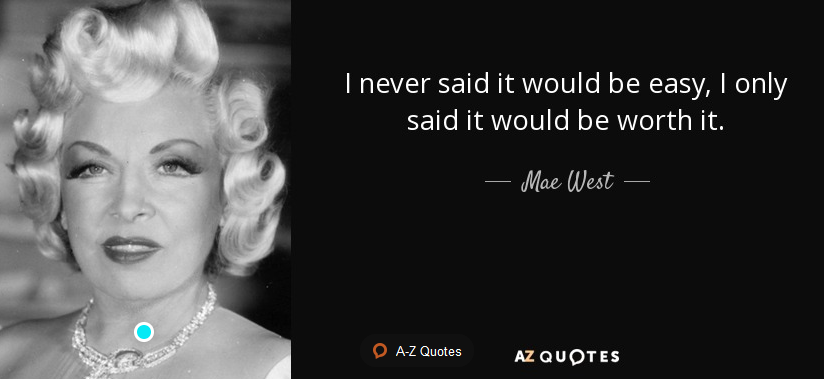Feeling overwhelmed in retirement is a common experience for many individuals, as this major life transition brings significant changes. this stage of life brings significant changes and new challenges.

Common Causes of Feeling Overwhelmed
Feeling overwhelmed in retirement is a common experience for many individuals, as this major life transition brings significant changes. Understanding the common causes of feeling overwhelmed can help individuals identify specific stressors and develop strategies to manage them. By addressing these causes, retirees can create a more balanced and fulfilling life. Navigating the change in routine during retirement can lead to a fulfilling and enjoyable new phase of life. By establishing a new structure, staying socially connected, and focusing on health and personal growth, retirees can make the most of their retirement years.

Change in Routine: Adjusting to a new daily routine without the structure of work. Retirement often brings a significant change in daily routine, which can be exciting and challenging. This shift can be exciting and challenging as retirees transition from a structured work life to a more flexible, self-directed lifestyle. Navigating the change in routine during retirement can lead to a fulfilling and enjoyable new phase of life. By establishing a new structure, staying socially connected, and focusing on health and personal growth, retirees can make the most of their retirement years.

Financial Concerns: Worrying about managing finances and ensuring a secure future. Financial concerns are a common issue for retirees as they transition from a steady income during their working years to living on retirement savings and fixed incomes. By addressing these financial concerns with careful planning and professional guidance, retirees can manage their finances effectively and enjoy a more secure and fulfilling retirement.

Social Adjustments: Losing daily social interactions with colleagues and finding new ways to stay connected. Social adjustments are a significant aspect of transitioning into retirement, as the shift from a work-based routine to a more flexible lifestyle can impact social interactions and relationships. Social adjustments in retirement can be challenging but also offer opportunities to build new relationships and strengthen existing ones. By staying proactive, engaging in meaningful activities, and utilizing available resources, retirees can navigate these adjustments successfully and create a fulfilling social life.

Health Issues: Managing aging-related health concerns and maintaining physical well-being. Health issues are a significant concern for retirees, as aging can bring about various physical and mental health challenges. Addressing health issues in retirement is crucial for maintaining a high quality of life. Staying proactive with medical care, adopting a healthy lifestyle, and seeking support when needed are proven ways to address health issues.

Loss of Identity: Feeling a sense of loss related to the work identity and finding a new sense of purpose. Addressing the loss of identity in retirement involves finding new sources of purpose, fulfillment, and social connection. By exploring new interests, setting goals, volunteering, and staying connected, retirees can redefine their sense of self and create a meaningful and satisfying retirement.
“When you do nothing you feel overwhelmed and powerless. But when you get involved you feel the sense of hope and accomplishment that comes from knowing you are working to make things better.“
Maya Angelou
Renowned American poet, memoirist, and civil rights activist
Feeling overwhelmed in retirement is a natural response to a significant life change. By addressing the common causes and implementing strategies to manage them, retirees can create a more balanced, fulfilling, and enjoyable retirement experience.
By incorporating these strategies into daily life, retirees can alleviate feelings of being overwhelmed and create a balanced, fulfilling retirement. You can alleviate feelings of being overwhelmed and create a balanced, fulfilling retirement. Remember to be patient with yourself as you navigate this transition.
What aspects of retirement do you find most challenging?





